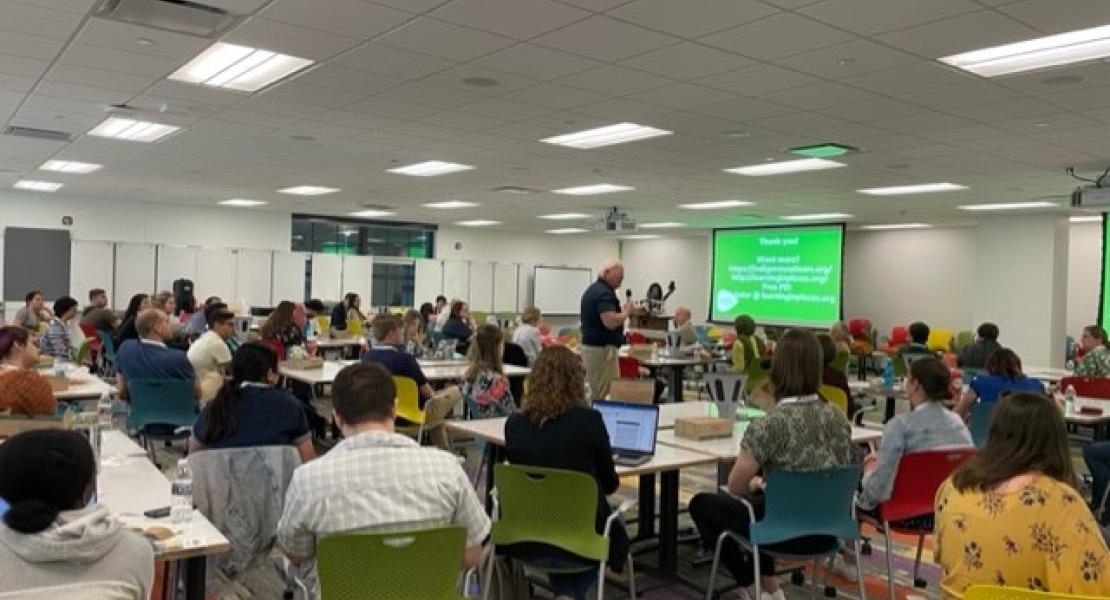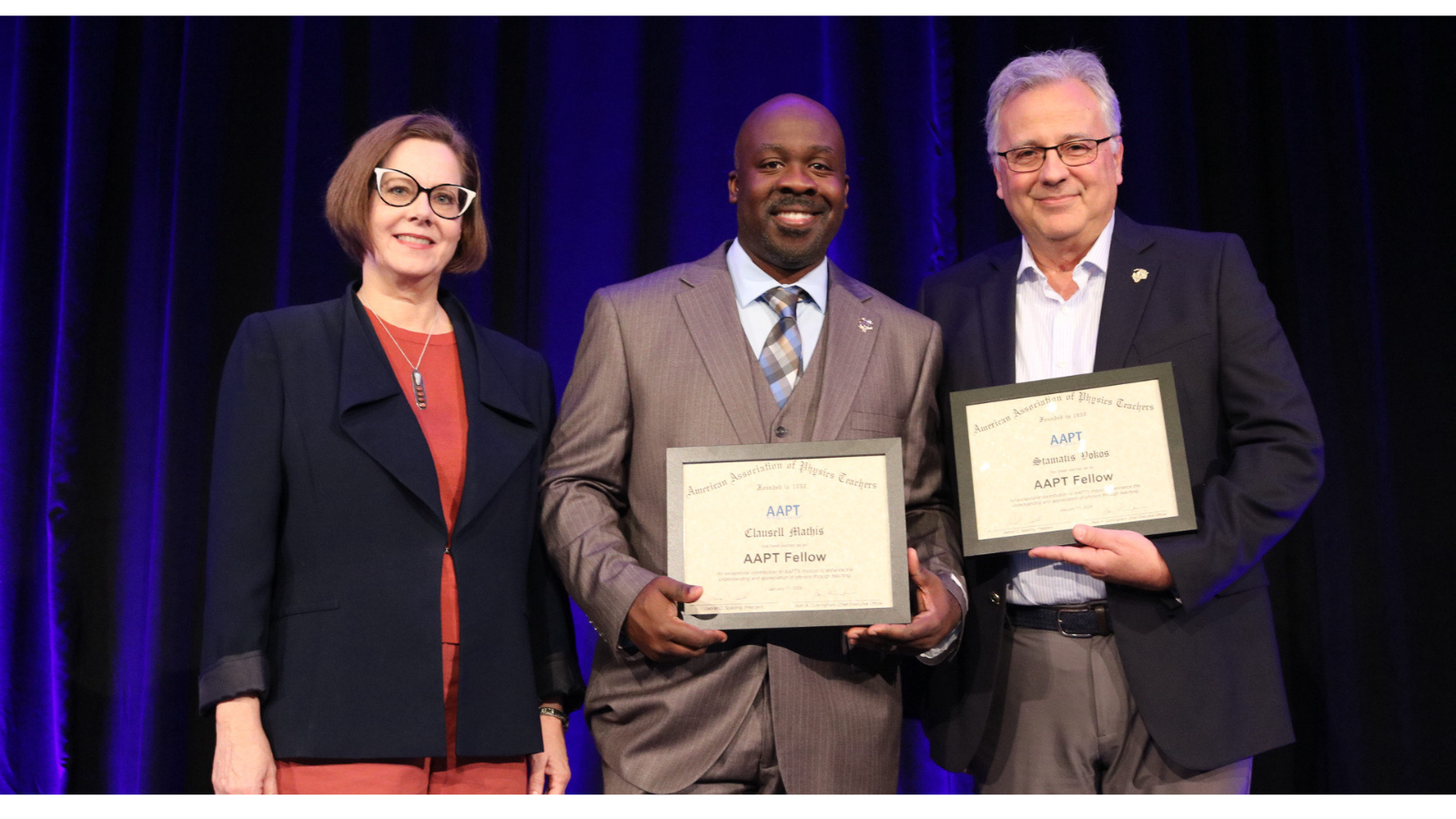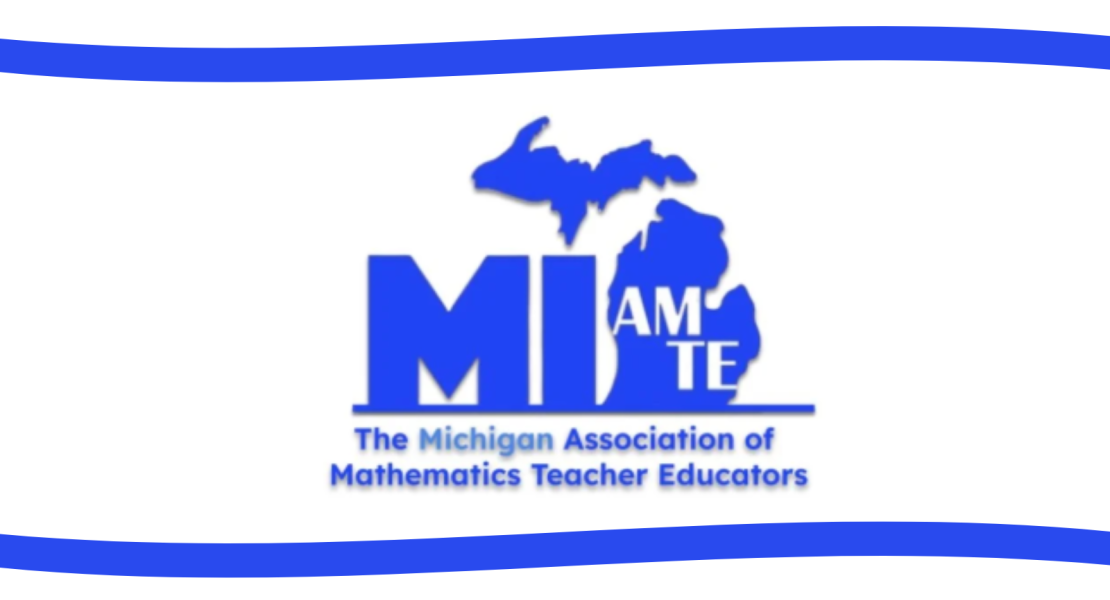
Feed
CREATE 2023 Mini-Conference
MSU Science Festival is back! April 1-30, 2026
Don't miss this workshop at NSTA 2026 in Anaheim! Designing 3D Assessments in Partnership with Generative AI
Conference Presentation Practice Day, Monday, April 6, 2026
If you are presenting at a conference this spring and would like to practice your talk in a casual, informal atmosphere, please sign up to attend Practice Day. We are holding the seminar space all day to accomodate as many people/groups as possible.
Pizza is on us!
Dr. Clausell Mathis recognized as a 2026 AAPT Fellow awardee
Yurdagul Bogar, Ph.D.
Dr. Yurdagul Bogar is an Assistant Professor in the Department of Mathematics and Science Education at Hakkari University in Hakkari, Turkiye. She earned a Ph.D. at Middle East Technical University in 2018; an M.S. at Gazi University in Ankara, Turkiye in 2010; and a B.Sc. from Osmangazi University inEskisehir, Turkiye in 2007.
Michigan Association of Mathematics Teacher Educators Conversations Among Colleagues Conference
Conversations Among Colleagues was designed in 2003-2004 to facilitate conversations between and among mathematicians, mathematics educators and leaders in mathematics education. In 2015, the Conversations Among Colleagues became the official conference of the Michigan Association of Mathematics Teacher Educators (MI-AMTE).
This year's theme will be 'Empowering Teachers to Flourish'. The conference will be held at Wayne State University on March 14, 2026.
Michigan Science Teacher's Association (MSTA), March 6-7, 2026
The 73rd MSTA Annual Conference will be held at the Radisson Hotel in downtown Kalamazoo, Michigan.
MSTA's annual conference is the largest state conference dedicated to science teaching for K-20 educators, focusing on strategies and best practices in science education. The theme of this year's event is Rejuvenating Science in a Dynamic World.
Strands at the conference include:






